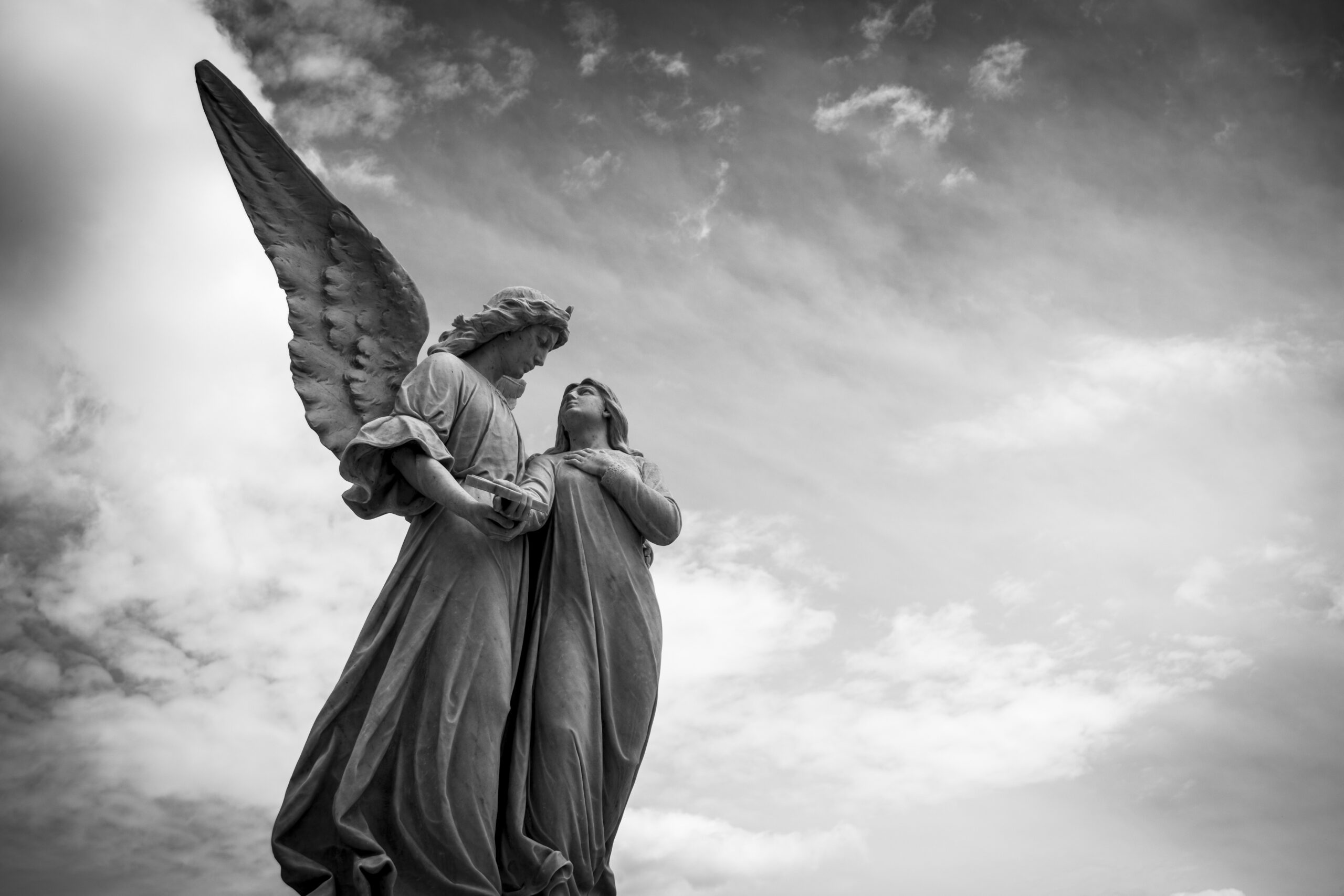Speculations on my favorite baddie: part 1
Some say also that Morgoth at whiles secretly as a cloud that cannot be seen or felt, and yet is, and the poison is, creeps back surmounting the Walls and visiteth the world; but others say that this is the black shadow of Thû [Sauron], whom Morgoth made, and who escaped from the Battle Terrible, and dwells in dark places and perverts Men to his dreadful allegiance and his foul worship.
History of Middle-earth vol. 4: The Shaping of Middle-earth, “The Quenta,” Section 19
This language from the “Quenta” parallels a similar description of Morgoth’s continuing influence on the world via Sauron that Tolkien writes in the earliest drafts of The Fall of Numenor (as published in HoMe 5: The Lost Road). Christopher places the writing of the “Quenta” in 1930 (and its earlier drafts as early as 1926) and the early Fall of Numenor outlines in 1936, both after Thû has been “created” and established as “Morgoth’s mightiest thane/lord/chief” as well as Lord of Wolves and a dread necromancer/sorcerer in The Lays sometime around or after 1925. But most interesting to me in this passage (and unique to it, from what I can tell) is Tolkien’s use of the phrase “whom Morgoth made” to describe Thû.
It seems doubtful he meant this literally—Thû (who is for all intents and purposes Sauron by an earlier name) is an independent, extremely powerful, thinking entity—clearly a rational being. He is likely a “fay,” the same as Melian, a type of being that was a precursor to the maiar—hence, not a creature Morgoth could literally “make” by demiurgic means, even at this early stage in the writing of the Legendarium.
Another possibility is that Tolkien had not yet entirely abandoned the notion of Morgoth having children. In the Book of Lost Tales, Fankil/Fangli is once referred to as Morgoth’s “child,” and the earliest reference to Thû in The Fall of Numenor refers to his “ghastly temples” as being temples to Thû-Morgoth where Thû is represented as almost speaking for or as the exiled spirit of Morgoth. Perhaps some of this could imply literal heredity rather than figurative. However, I am not familiar with any other mentions of Melkor begetting children in the “Quenta” (the “son of Melko” origin for Gothmog/Kosomot appears to have been abandoned by this stage) and so I suspect “made” does not mean “beget” here. Plus, in what may be the very first use of the name Thû, he is referred to as a great thane under Morgoth, a title that, in the Primary World, implies the granting of lands and titles without hereditary right.
I have to imagine that Tolkien almost certainly means “made Thû what/how he is.” In fact, concurrently, Tolkien conceived of Thû/Sauron as following Melkor back during his escape with Ungoliant from Valinor. In Valinor he had been suborned and become Melkor’s servant—meaning Thû/Sauron would have had to learn a lot of dreadful magic from Melkor and rise in the ranks in a very short period of time, presumably all under Morgoth’s direct tutelage, in order to be his “mightiest lord” by the time of the events of Beren and Luthien’s quest. Can we take this to mean that this Sauron is a Sauron whose Fall happens much faster than his later characterization will suggest? Is whoever he was In the beginning nearly “overwritten” via Morgoth’s influence?
Eventually Tolkien emends the passage in question and removes the “made” language: “Sauron, who served Morgoth and became the greatest and most evil of his underlings.” When this happened is not clear, but it is part of a long progression of changes to Sauron’s early history, which will, at some point after 1951, include pushing back Sauron’s “Fall” deeper into Arda’s prehistory (see Tolkien’s letter 131 to Milton Waldman in which he is still referring to First Age Sauron as a being of Valinor). Did Tolkien think this later Sauron began his own Fall before Melkor got to him? Did Tolkien see him now as a distinct enough character in his own right (after concieving an entire Second and Third Age for him to torment) that he felt it best to lay more responsibility for his own nature and choices as his own feet? Or did Tolkien simply want to avoid imprecise language that could be confused with, say, Melkor’s “making” of non-rational underlings such as dragons and orcs?

Leave a Reply